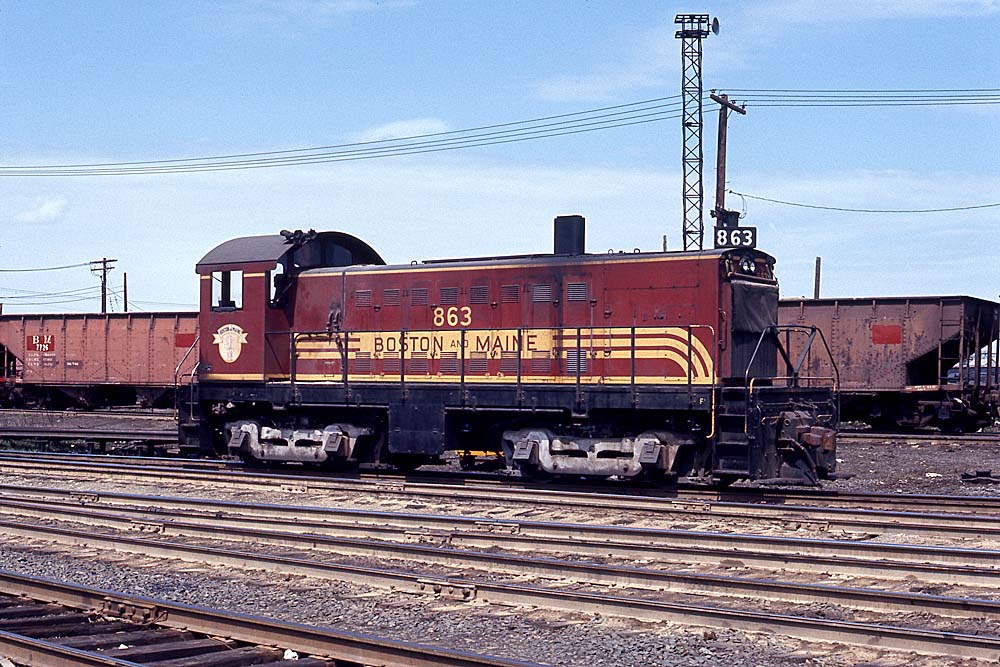
Similar to the EMD RS1325, the Alco S5 locomotive is one of those locomotive designs that seemed like a good idea at the time, was engineered well, ran well, but almost no one wanted to purchase. The manufacturer needed to update its aging lineup of 660-hp S3 and 1,000-hp S4 end cab switchers […]
Read More…
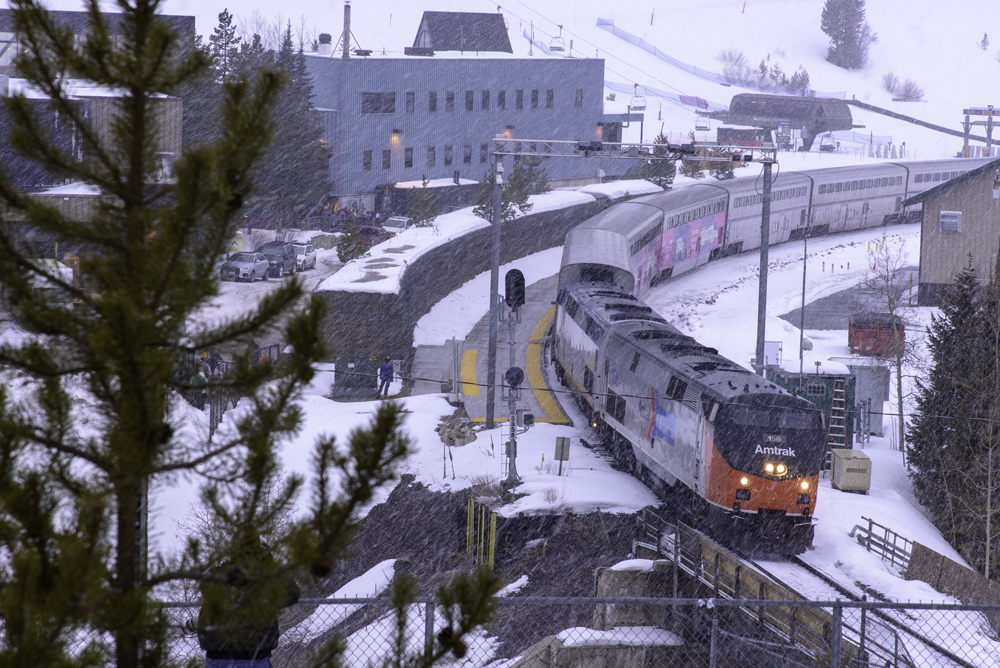
WINTER PARK, Colo. — Tickets are on sale for the return of Amtrak’s Winter Park Express, the seasonal ski-train service between Denver Union Station and the Winter Park Resort that launches on Jan. 13, 2023. Service will be offered Fridays, Saturdays, and Sundays beginning the weekend of Jan. 13-15 and continuing through the weekend of […]
Read More…
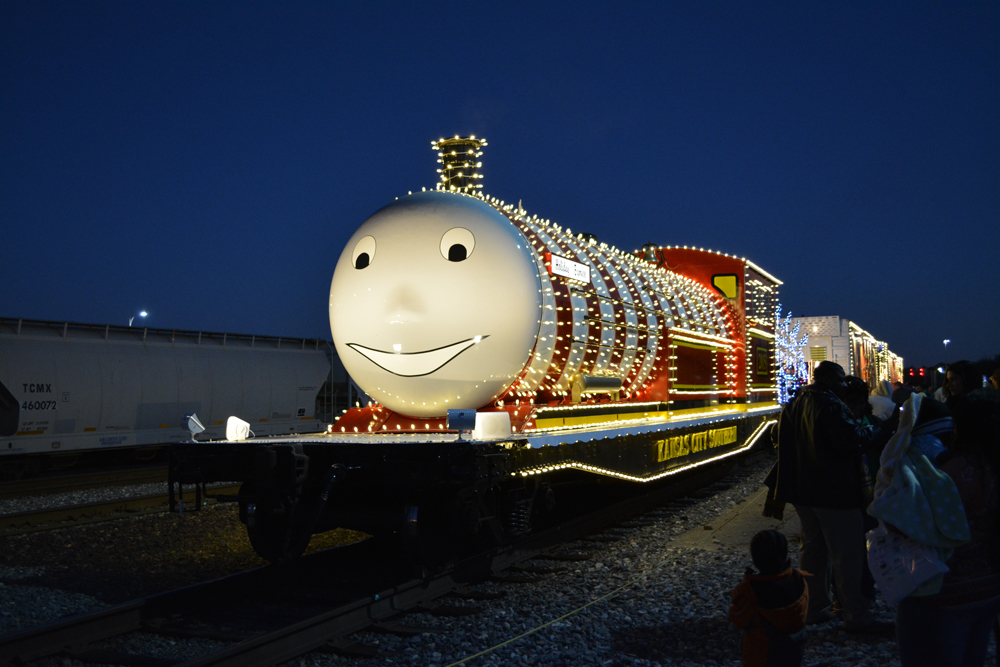
KANSAS CITY, Mo. — Kansas City Southern has launched a challenge grant fundraiser in connection with the return of its KCS Holiday Express train, matching donations through Dec. 16 to benefit The Salvation Army. KCS CEO Patrick J. Ottensmeyer said Tuesday that the railroad would donate $2 for every $1 raised by the Holiday Express […]
Read More…

Athearn Genesis National Steel Car 6400 gondola Scale: HO (1:87.1) Price: Single car, $64.9; two-pack, $109.99 Era: 2012 to present (varies depending on paint scheme) Manufacturer: Athearn Trains, 2904 Research Rd., Champaign, IL 61822; 800-338-4639; athearn.com National Steel Car 6400 gondola features: Multiple body styles, end variations, top chords, and ladder variations Brass stirrup steps Metal […]
Read More…
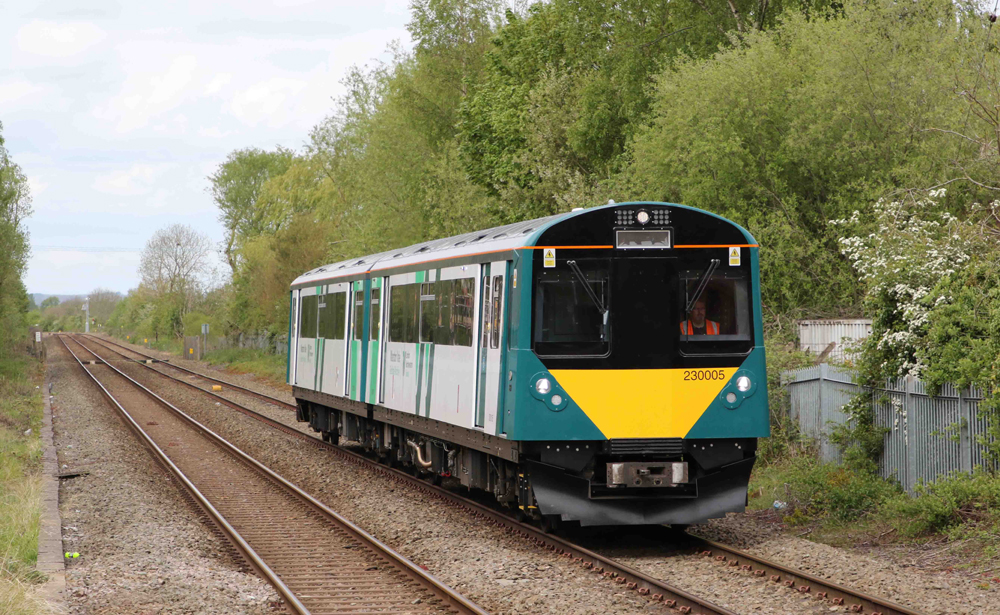
SOUTHAM, England — Vivarail, the British passenger train re-manufacturing company majority-owned by Pittsburgh-based Railroad Development Corp., has announced it is seeking the appointment of insolvency administrators via the British courts while efforts are made to find new investors or owners for the company. The process, similar to Chapter 11 protection in the USA, will allow […]
Read More…

WASHINGTON — The House of Representatives will vote today (Wednesday, Nov. 30) on legislation to impose a settlement in the labor dispute between railroads and unions, House Speaker Nancy Pelosi said Tuesday. The House will also consider a separate motion to add seven paid sick days to the tentative agreement reached in September between the […]
Read More…

INDIANAPOLIS — After a pandemic cancellation in 2020 and a modified form of operation in 2021, the Indiana Rail Road’s Santa Train returns to its traditional format this weekend, making 12 stops over three days Friday through Sunday, Dec. 2-4. The train’s stops will offer guests the chance to visit with Santa and Mrs. Claus, […]
Read More…
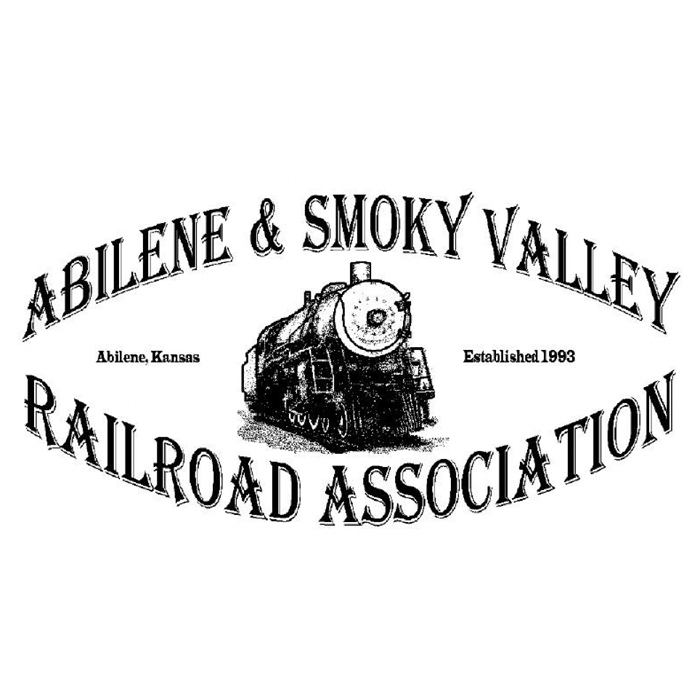
ABILENE, Kan. — The Abilene & Smoky Valley Railroad will collaborate with a management subsidiary of American Heritage Railways to expand its operations, strengthen ridership, and advance the non-profit’s mission of education and historic preservation. The collaboration will be in the form of a multi-year agreement with Heritage Rail Management, which provides consulting, management, and […]
Read More…
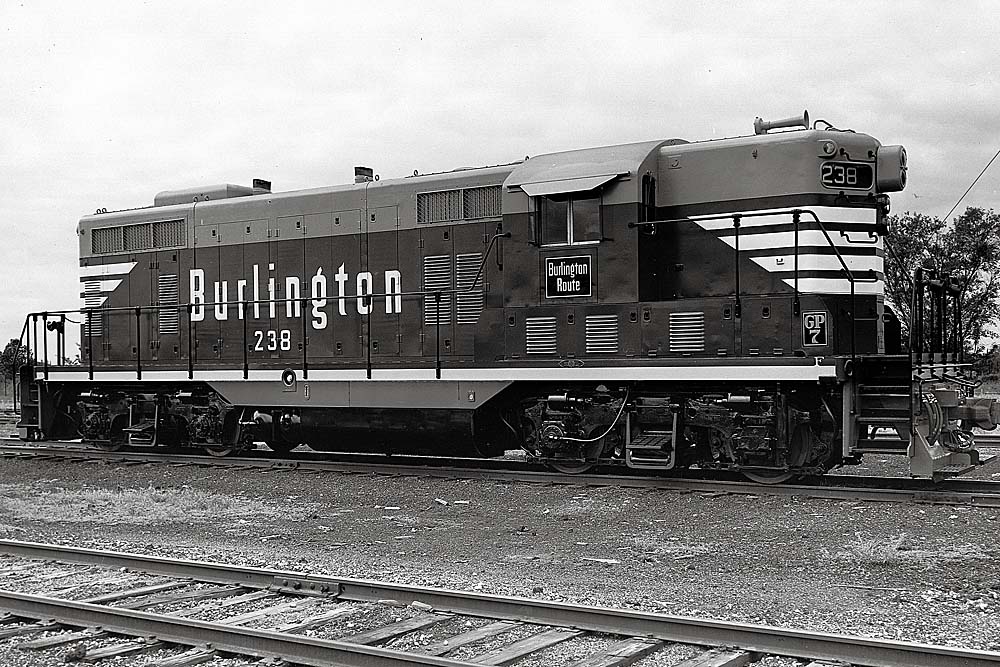
The best-selling first-generation Electro-Motive diesel locomotives came from the switcher, cab unit, and road switcher product lines. The company that would dominate locomotive construction from the 1940s through the 1970s had humble beginnings, contracting the construction of motor cars at other companies’ plants in the 1920s. The Electro-Motive Corp. was purchased by General Motors in […]
Read More…
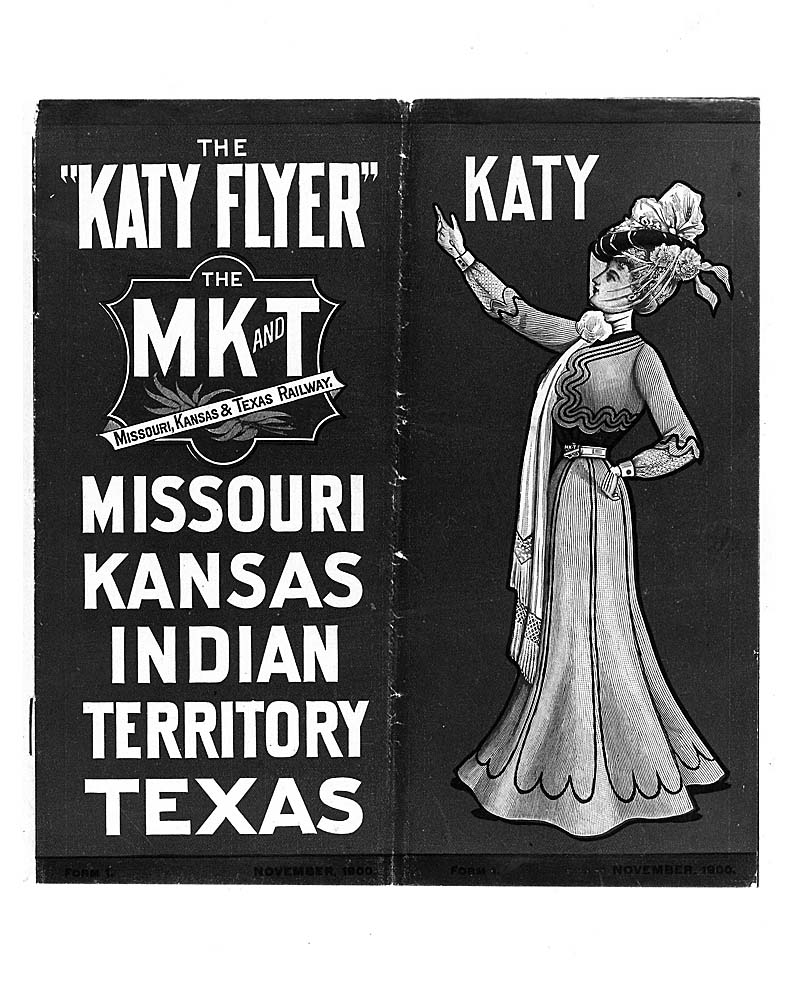
Missouri-Kansas-Texas logo underwent subtle changes throughout the railroad’s history. But its origin is more interesting than these iterative changes. In his history of the Katy, J. Parker Lamb mentions the different incarnations of Katy’s corporate herald over the years, but where did the road’s uniquely shaped emblem come from? According to Freeman Hubbard in his […]
Read More…
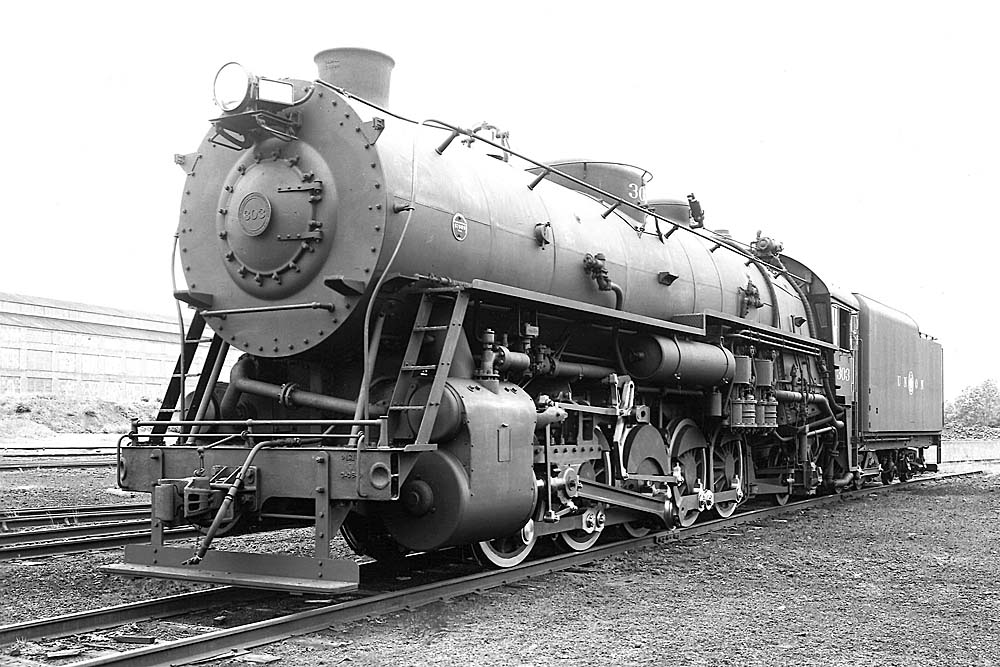
The biggest steam switcher stood head and shoulders above the rest. In the steam era, switch engines came in basically three sizes: 0-4-0, 0-6-0, and 0-8-0. They ranged from diminutive shop switchers — typically 0-4-0s, pretty much a pre-1900 machine — to huge switchers such as Indiana Harbor Belt’s three U-4a class 0-8-0s […]
Read More…
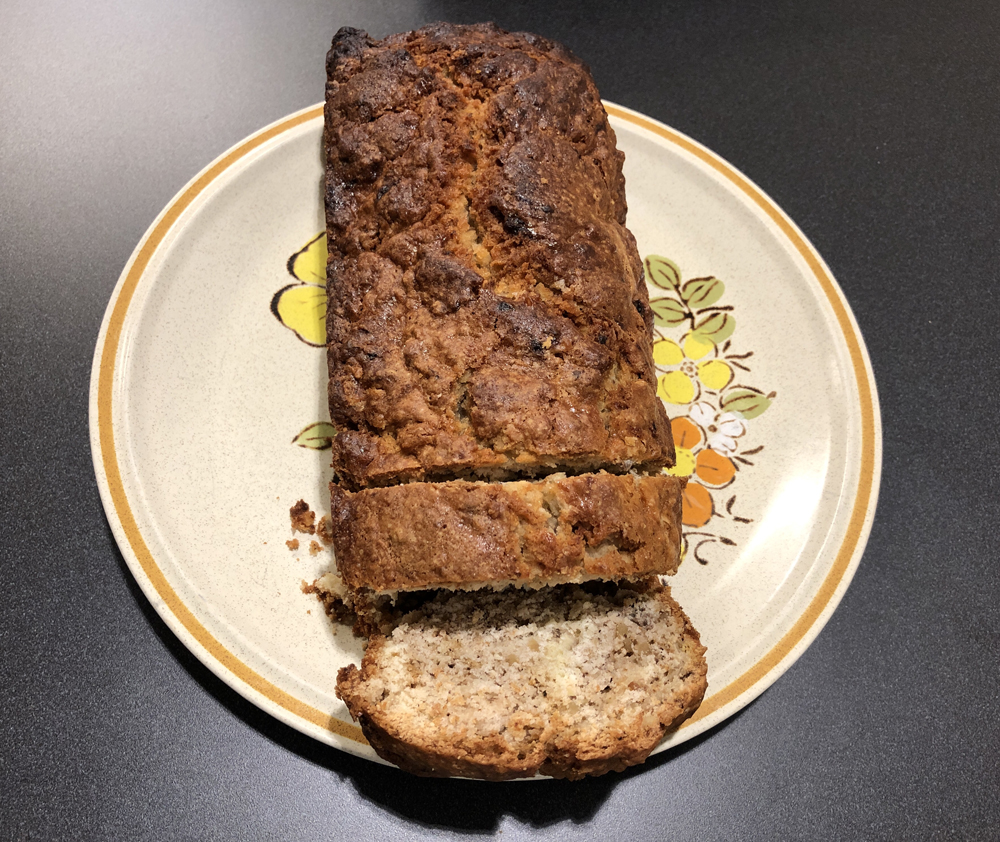
Northern Pacific’s Banana Nut Bread immediately caught my eye as a recipe worth re-creating. The railroad wanted to waste as little as possible, so using overripe bananas in a banana bread was a sensible idea. It also reused milk that had gone sour (though you don’t need to keep old milk in your fridge—see tips […]
Read More…












